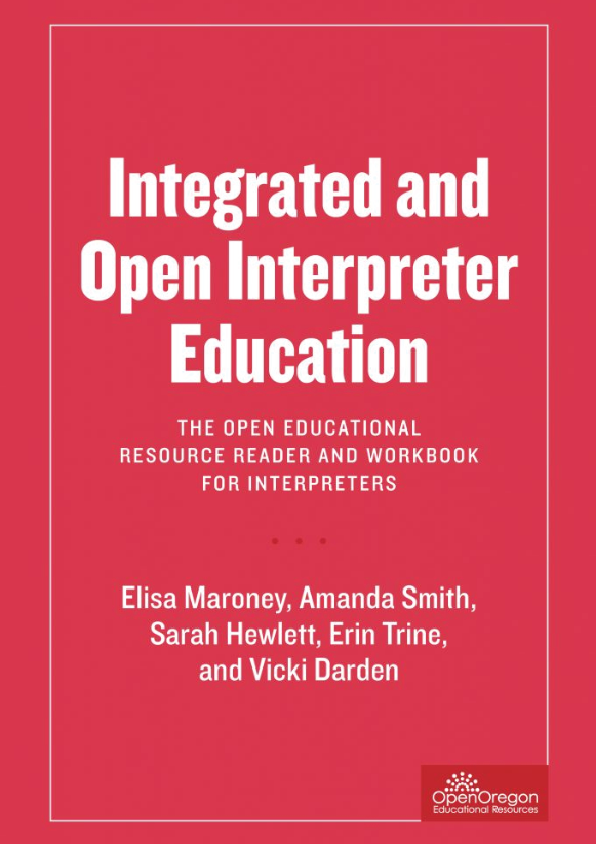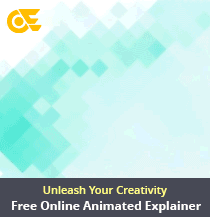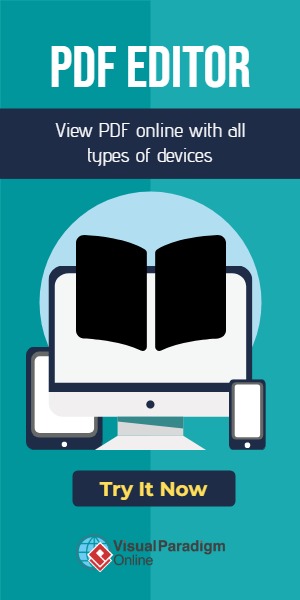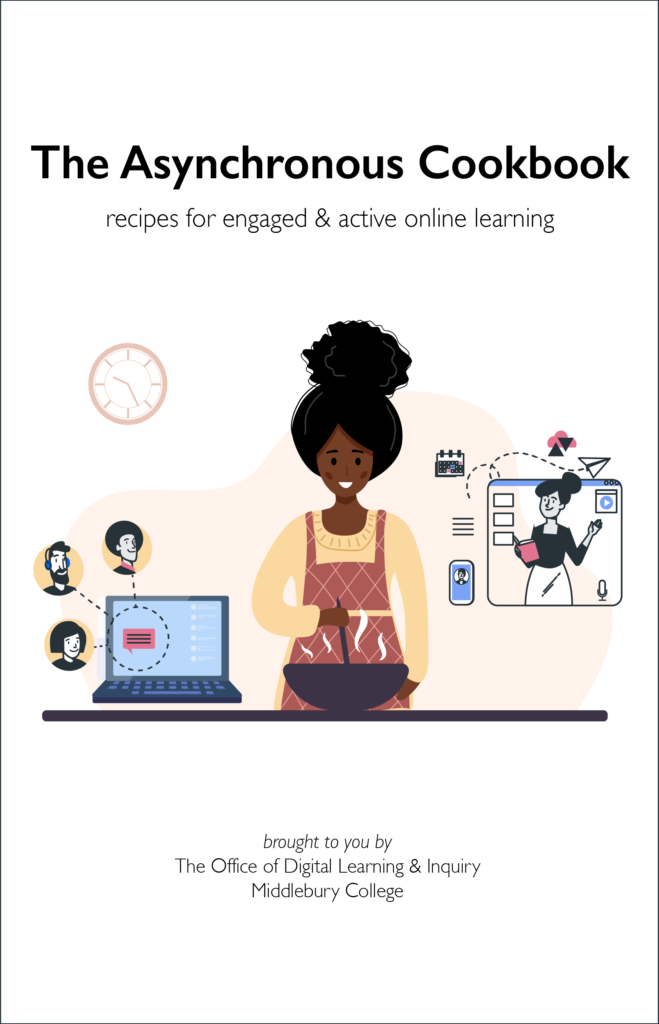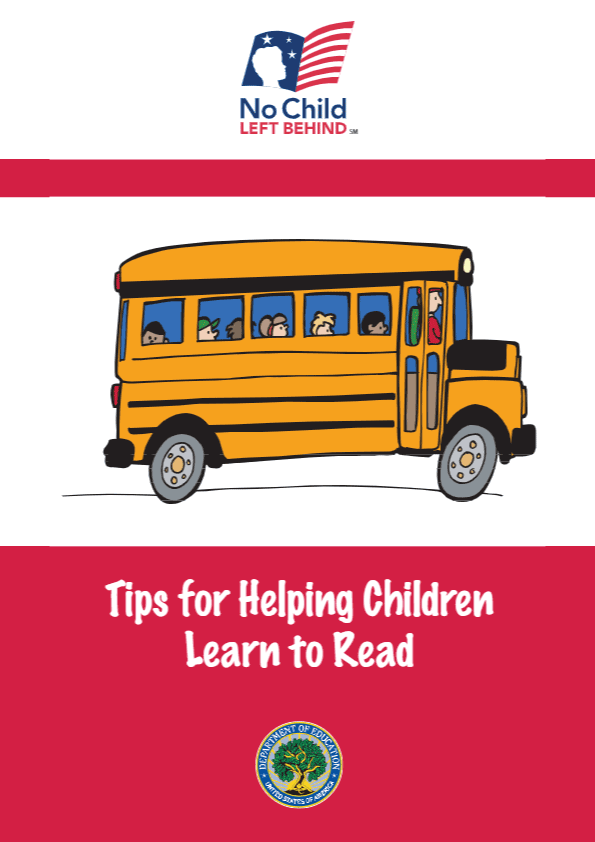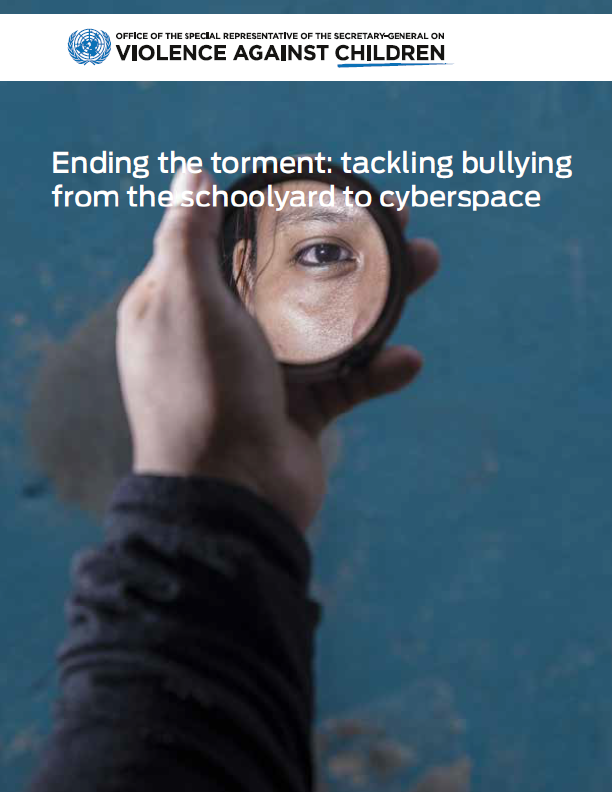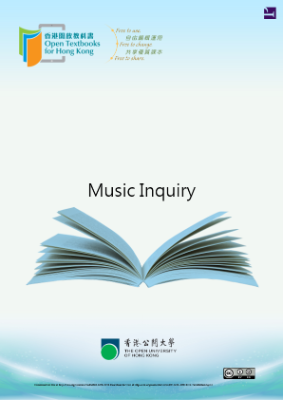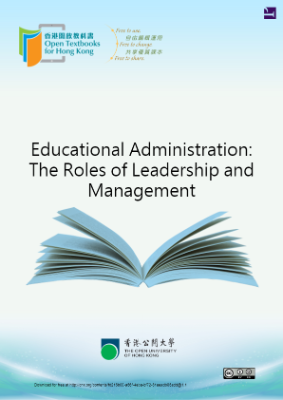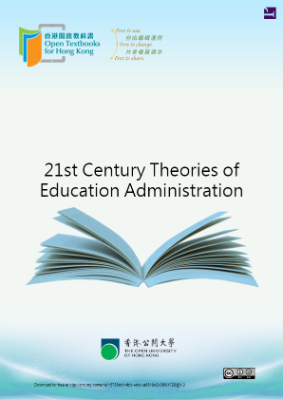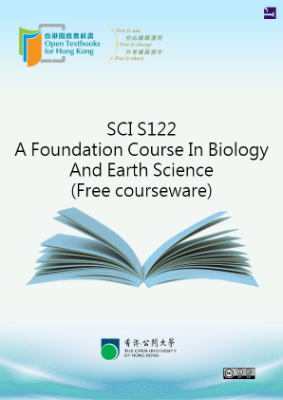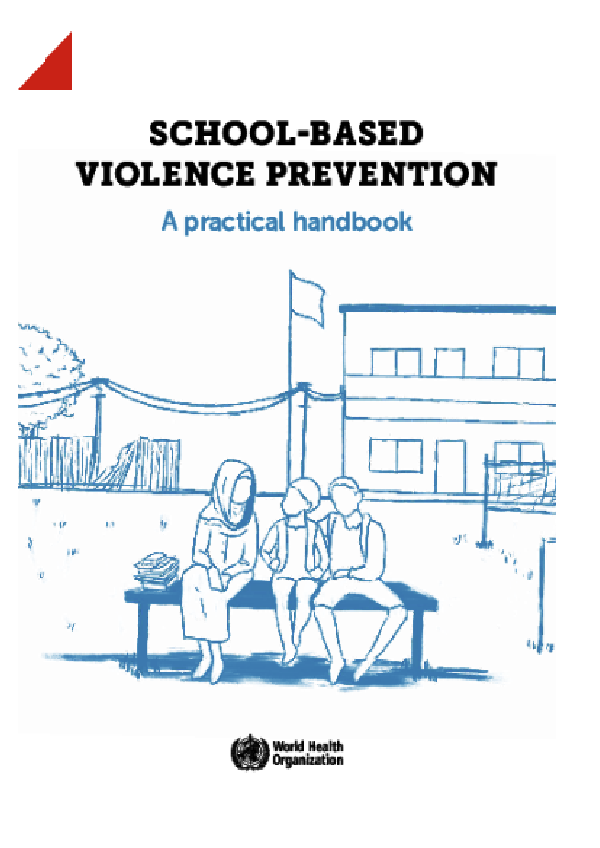Interpreting Studies faculty at Western Oregon University conducted a longitudinal research project from 2009 to 2016, evaluating the perceived gap between graduation from an interpreter education program and readiness-to-work/certification. In response to the findings, the BA in Interpreting Studies: Theory has been redesigned. As a result of the redesign, we are developing free or low-cost educational resources to WOU students, as well as to students and faculty in other interpreter education programs worldwide. We already provide current research via the Western Oregon University Digital Commons, where action research, thesis, and professional projects are published.
Open Educational Resources (OER) provide authors and readers with open access to current, relevant, easy-to-access, free or low-cost materials. Our intent for this project is to create a space where emerging scholars in the field of signed language interpreting will make contributions and be able to retain, reuse, remix, revise, and redistribute (see http://opencontent.org/definition/ created by David Wiley, n.d.) as the interpreting studies discipline and the scholars develop and change.
The purpose of this OER project is to develop current materials targeting newer scholars as authors who have conducted current research, but have not had an opportunity to publish. In this project, each of the five editors will develop and/or compile a collection of reading and ancillary materials on a specific content area. Contributions will be made in written English or digitally recorded American Sign Language (ASL). All contributors retain rights to their own work and may reuse in traditional and transformative ways as OER approaches continue to advance. As authors continue to grow, they are encouraged to remix (create new content over time) and redistribute materials they have developed.
The goal of this OER is to offer faculty and students readings and practical application experiences that connect program specific coursework and concepts across the interpreter education curriculum emphasizing the holistic nature of the field of interpreting.
Additionally, there are different needs for those students who are native English speakers and those who are native/primary users of ASL. We also envision other interpreter educators using the materials. Thus, we expect that the readings and activities will be revised (adapted) as needed.
Courses and topics for this project include interpreter mindset, pre-interpreting skills and knowledge, technical skills, reflective practice, linguistics, cultural intelligence, multicultural competencies, meaning transfer, and coaching.
Inviting Conversation
Our goal is to open conversation and dialogue around important issues and ways of knowing. We are interested in engaging around these topics, not merely providing input and information, but really sparking deep dialogue and reflection in the work we do as interpreters, interpreter educators, and scholars.
We invite you to reach out to us and to one another in continuing to explore, expand, and enrich this text. Please let us know what is needed, what you would like to contribute, where you are stuck and what you want to know!
Navigating the text
Each section has an introduction from the editor casting the vision for that section. Pointing out the potential for future contributions and showing the connections among current contributions to their sections. Within each section may be readings or resources that could include:
- Content
- Practical Application
- Check-ins
- Connections to the Whole
At the end of the text is a glossary of terms used throughout. There may also be particular definition of terms within sections or contributions but our intent is to have a comprehensive glossary at the end. This glossary will also be a living element of the text; we need to know what words need definitions and what definitions need clarification.
In future iterations of this text, we will unpack our vision for interpreter education and how we think about our growth as interpreters throughout the life-long, fun, and hard journey.
